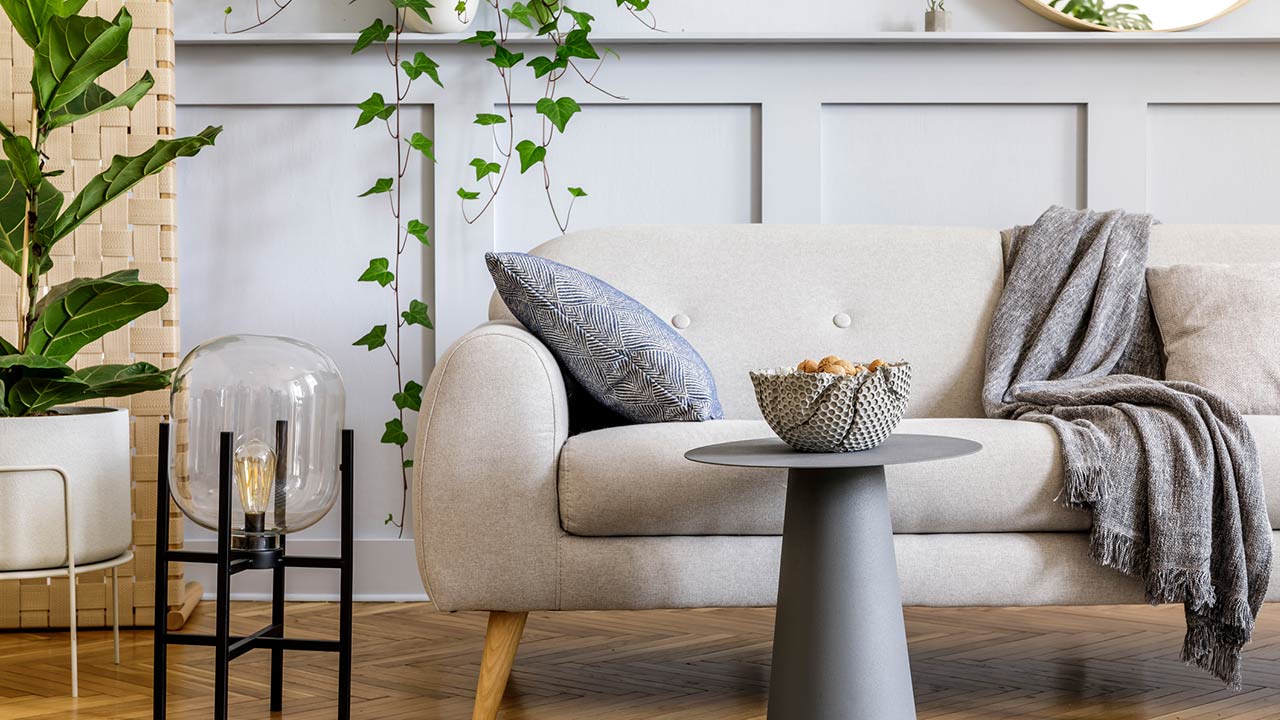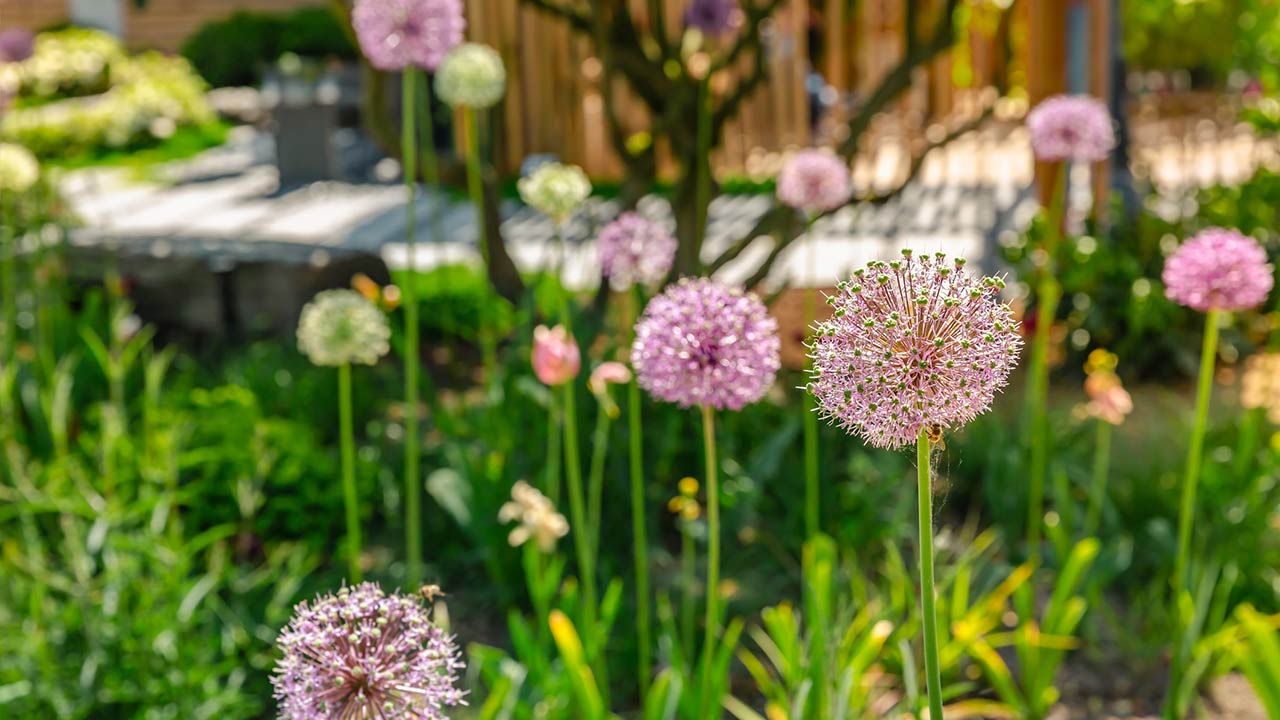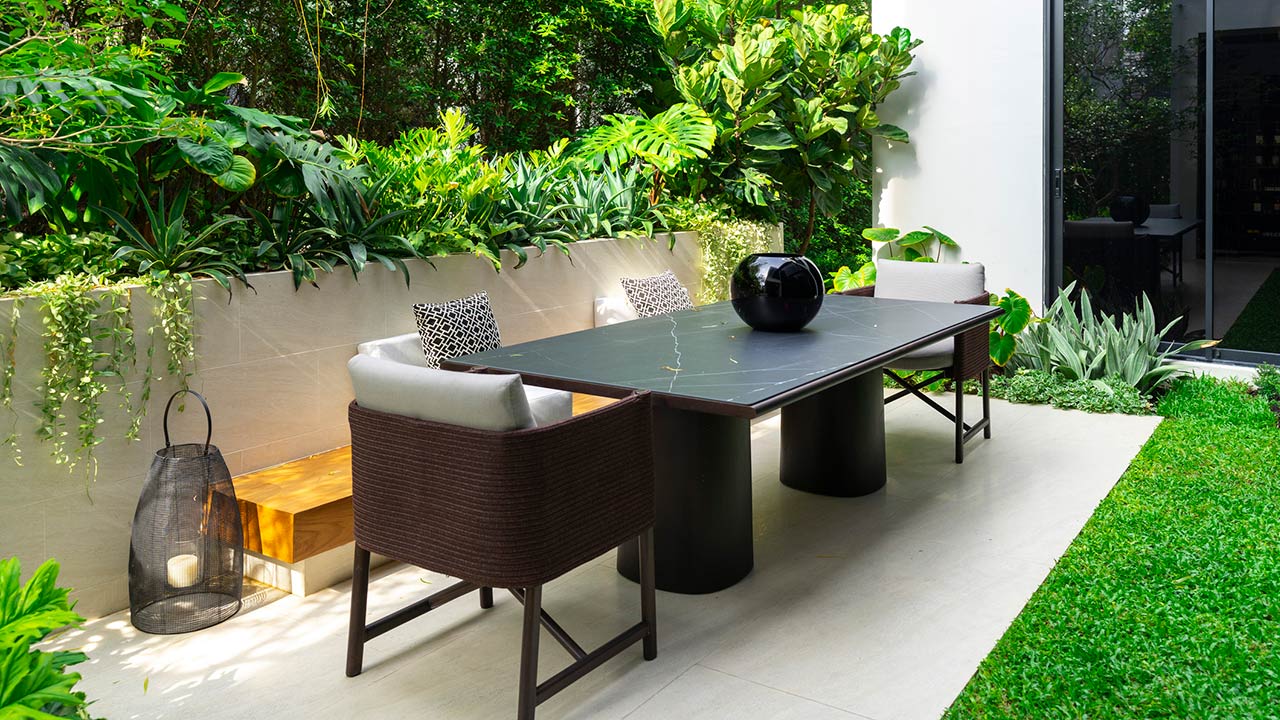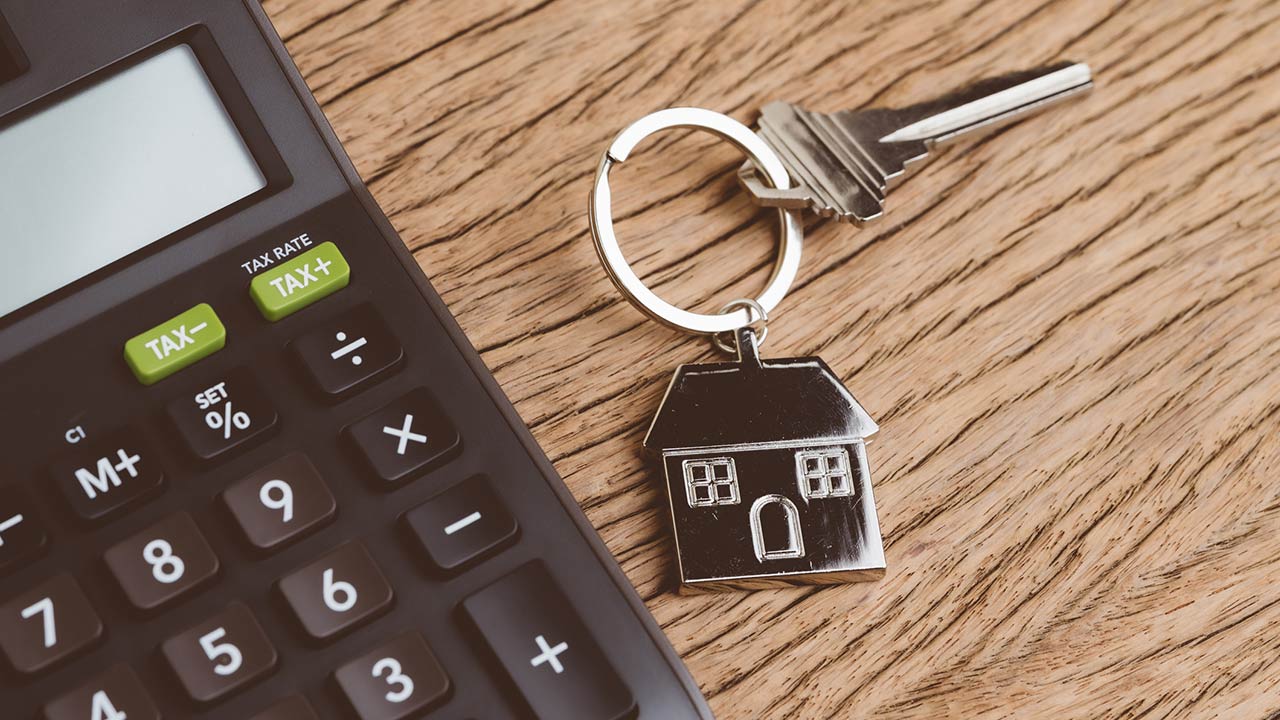Fixed or Variable Mortgage Rate? Which is Right For You?
It’s the age-old question when it comes to getting a mortgage: should I go with a fixed rate, or a variable one? If you thought deciding which home you should buy was the toughest decision, choosing which type of mortgage to take on can be even tougher. After all, we’re talking about the difference between saving money, and spending more than necessary.
Let’s dive into the world of fixed- versus variable-rate mortgages to determine which might be the best option for you.
Defining Fixed-Rate Mortgages

The interest rate of a fixed-rate mortgage remains the same throughout the term of the loan, and is typically a bit higher than variable-rate mortgages. This is the most common type of loan for first-time home buyers who are apprehensive about taking risks, since the rate will not change.
This is considered an advantage, since the rate can never go up if there is a spike in interest rates in the future. It’s also a disadvantage, however, since the rate can never go down either. In order to take advantage of lower interest rates should they become available, you’d have to refinance your mortgage.
Defining Variable-Rate Mortgages

Variable-rate mortgages – also referred to as ‘adjustable-rate mortgages’ (ARM) – feature interest rates that fluctuate periodically. These changes will cause monthly mortgage payments to be higher or lower from one month to the next. The majority of lenders will lock in a lower rate for a certain period of time before the rate change, which makes this type of mortgage ideal if you’re planning to move within five years.
This type of arrangement could work in your favor if interest rates remain stable or decrease. However, you’re also taking a risk if interest rates increase, which could translate into significantly higher payments over the term of your mortgage.
What’s the Best Choice For You?
Considering the fact that interest rates tend to be lower for variable-rate mortgages compared to fixed-rate, it’s seems like a no-brainer to opt for the lower number. The current rate on a 5/1 adjustable-rate mortgage is 3.11%, while the current rate on a 30-year fixed mortgage is 3.86%. But there are other things to consider, such as your future intentions.
Many homebuyers like the perceived security of a fixed-rate mortgage. In exchange for locking in at a slightly higher rate, their interest rate will remain stable over the term of the mortgage. But if you had locked in at a fixed rate five years ago, you would have missed out on the continued declining rates over that time period. But no one has a crystal ball to help make these predictions.

With interest rates currently being the lowest in decades, now sounds like a pretty good time to lock in on a fixed-rate mortgage. With homeowners being stretched to the limit these days with sky-high housing prices, education tuition, and childcare costs, fixed rates can be somewhat of a safeguard.
Of course, there’s always the argument that these people would probably benefit more from a cheaper variable rate, but having some stability is essential for those who don’t want to take on many additional costs. There’s something to be said about knowing what the financial future holds.
While the risk is fairly low, it’s still possible for rates to climb in the near future. Even though there’s been very little evidence of it so far, the possibility still exists that inflation is on the horizon, which would stimulate interest rates to rise. In this situation, homeowners with fixed mortgages would be in a good position.
If you’re not planning on living in your current home forever, and you can afford to take some financial risks, you’re probably a good candidate for a variable-rate mortgage, especially if interest rates are expected to remain on the low end of the spectrum.

On the other hand, if you have no intention of selling in the near future, and aren’t a fan of gambling with your money, a fixed-rate mortgage might make more sense, particularly if interest rates are expected to jump in the near future. Locking in at a lower rate for the long term can help hedge against any possible spikes in interest rates.
The type of loan you decide to take will depend on your future intentions, your ability to stomach any risks, what the going rates currently are, and where they’re expected to be in the near future. As always, you’d be well-advised to sit down with a mortgage specialist to iron out all these details. The choice you make could have you saving thousands of dollars in interest over the long run.








